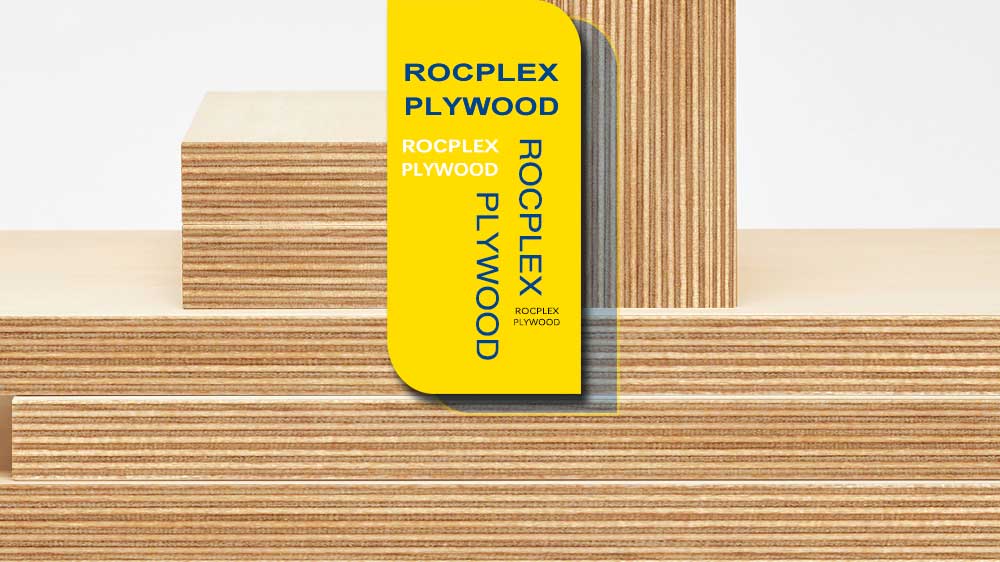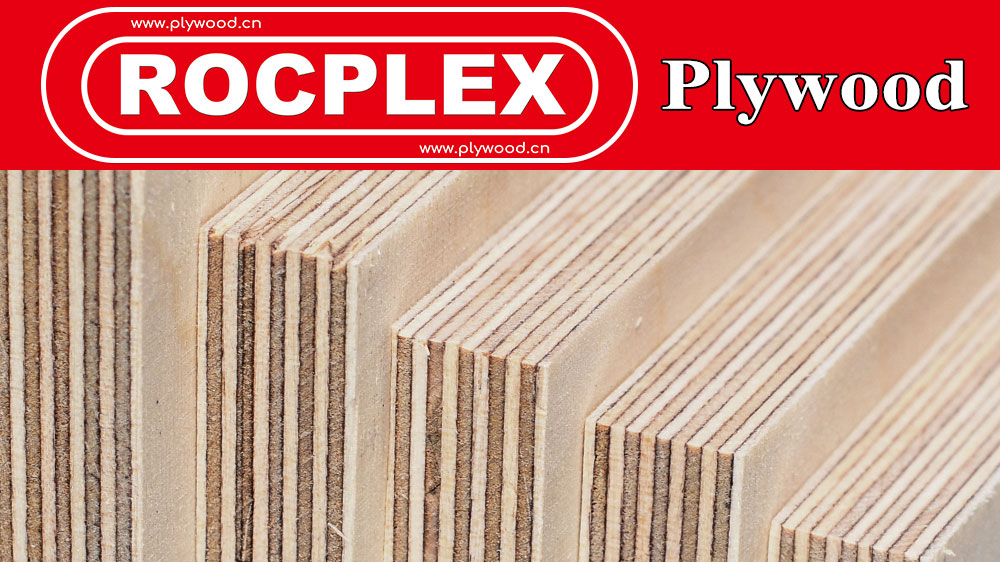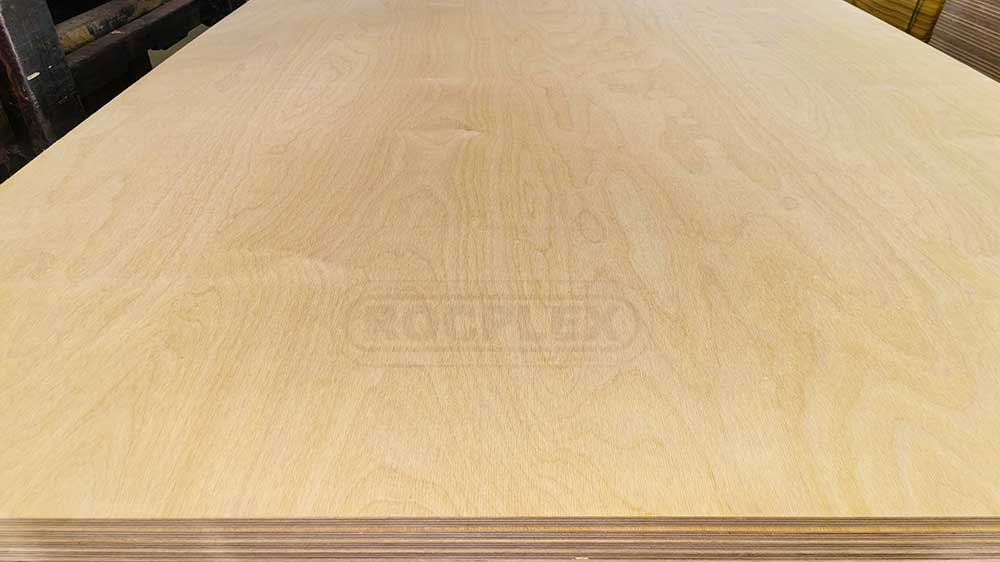What are Construction Materials Suppliers?
Construction materials suppliers are the backbone of the building industry, providing a wide range of essential products that support construction projects of all sizes. These suppliers source, stock, and distribute materials like hardwood plywood, veneer plywood, structural plywood, and laminated panels. They ensure that builders and contractors have access to high-quality products, allowing for the successful completion of projects ranging from residential homes to large commercial buildings.
The Role of Construction Materials Suppliers
Ensuring Quality and Standards
Construction materials suppliers are responsible for maintaining high standards of quality across their product range. They source materials from reputable manufacturers and conduct rigorous quality control checks to ensure each product meets industry specifications. This commitment to quality is vital for applications where structural integrity and aesthetic appeal are critical.
Supporting the Supply Chain
Suppliers act as crucial intermediaries in the supply chain, managing large inventories and coordinating logistics to ensure timely delivery of materials. By maintaining robust supply chains, construction materials suppliers help prevent project delays, ensuring builders have the materials they need when they need them.
Hardwood Plywood: A Key Material
Aesthetic and Functional Qualities
Hardwood plywood is a staple in the construction industry, prized for its strength and natural beauty. It is created by layering thin sheets of hardwood veneer over a core of softer wood, resulting in a product that combines the aesthetic qualities of hardwood with the stability and strength of plywood. This makes hardwood plywood ideal for applications where both appearance and durability are important, such as cabinetry, furniture, and interior finishes.
Durability and Performance
In addition to its visual appeal, hardwood plywood is known for its durability and performance. The layered construction provides excellent resistance to warping and splitting, making it suitable for heavy-duty applications. Construction materials suppliers ensure that hardwood plywood meets stringent quality standards, providing builders with reliable materials that can withstand the test of time.
Veneer Plywood: Cost-Effective and Versatile
Manufacturing Process
Veneer plywood is produced by bonding a thin layer of high-quality wood veneer to a core of lower-cost material. This process creates a product that offers the appearance of solid wood at a more affordable price point. The core typically consists of softer woods or composite materials, which are then covered with a veneer of hardwood or decorative wood species.
Applications and Benefits
Veneer plywood is widely used in applications where cost-effectiveness and aesthetic appeal are both important. It is commonly used in furniture, cabinetry, and interior finishes. The ability to choose from a variety of veneer options allows designers to achieve the desired look while keeping costs down. Construction materials suppliers provide a broad range of veneer plywood options, ensuring that clients can find the perfect product for their specific needs.
Structural Plywood: Essential for Building
Load-Bearing Applications
Structural plywood is specifically engineered for load-bearing applications. It is made by bonding layers of wood veneer with strong adhesives, creating a product that can withstand significant stress and weight. This type of plywood is essential for subfloors, roof decking, and wall sheathing, providing a stable and reliable foundation for construction projects.
Compliance with Standards
Construction materials suppliers ensure that structural plywood meets industry standards for strength and durability. This includes compliance with building codes and certification from organizations such as the Forest Stewardship Council (FSC). By providing certified structural plywood, suppliers help builders meet regulatory requirements and ensure the long-term performance of their projects.
Laminated Panels: Enhanced Strength and Stability
Innovative Construction
Laminated panels are a type of engineered wood product created by bonding multiple layers of wood veneer with adhesives. This construction method enhances the strength and stability of the panels, making them suitable for high-stress applications. Laminated panels are used in various construction projects, from flooring and wall panels to furniture and cabinetry.
Versatile Applications
The versatility of laminated panels makes them a popular choice in the construction industry. They offer enhanced durability and stability, which is essential for applications that require extra support. Construction materials suppliers provide a range of laminated panels, catering to the diverse needs of builders and designers.
The Role of Building Materials Wholesalers
Large-Scale Distribution
Building materials wholesalers play a crucial role in the supply chain by purchasing materials in bulk from manufacturers and distributing them to retailers, contractors, and construction materials suppliers. This large-scale distribution ensures that a steady supply of materials is available to meet the demands of various construction projects.
Quality and Availability
Wholesalers are responsible for ensuring the quality and availability of materials. They conduct thorough quality control checks and manage inventories to prevent shortages. By maintaining high standards and reliable supply chains, building materials wholesalers support the overall efficiency and success of the construction industry.
The Importance of Reliable Suppliers
Consistent Quality Assurance
One of the primary benefits of partnering with reputable construction materials suppliers is the assurance of consistent quality. These suppliers implement stringent quality control processes to ensure that each product meets the highest standards. Consistent quality is vital for construction projects, where reliable materials are essential for safety and performance.
Efficient Supply Chain Management
Reliable suppliers play a crucial role in maintaining efficient supply chains. By managing large inventories and coordinating logistics, they ensure a steady supply of materials to retailers and construction firms. This reliability is essential to avoid project delays and ensure that construction schedules are adhered to, ultimately saving time and costs.
Expert Guidance and Support
Reputable suppliers offer more than just products; they provide expert guidance and support to their customers. This includes advice on selecting the right materials for specific applications, recommendations for installation techniques, and tips for maintaining the materials over time. This expert support helps builders and designers make informed decisions, leading to better project outcomes.
Innovations in Construction Materials
Advanced Engineered Wood Products
The construction materials industry continues to evolve with advancements in engineered wood products. These innovations include the development of cross-laminated timber (CLT) and other composite materials that offer superior strength and stability. These engineered wood products are designed to meet the demands of modern construction projects, providing enhanced performance and versatility.
Eco-Friendly Solutions
Sustainability is a growing priority in the construction industry, and construction materials suppliers are responding with eco-friendly solutions. This includes the use of recycled materials, low-VOC (volatile organic compounds) adhesives, and sustainable forestry practices. Building materials wholesalers are increasingly offering these eco-friendly products to meet the demand for greener construction materials and support environmentally responsible building practices.
Challenges in the Construction Materials Industry
Navigating Supply Chain Disruptions
Supply chain disruptions pose significant challenges for the construction materials industry. Factors such as geopolitical tensions, natural disasters, and global pandemics can impact the availability and cost of raw materials and finished products. Construction materials suppliers must develop resilient supply chain strategies to mitigate these risks and ensure a reliable supply of materials to their customers.
Managing Competitive Pricing
The construction materials market is highly competitive, with numerous suppliers vying for market share. This competition can lead to pricing pressures, making it challenging for suppliers to maintain profitability while offering competitive prices. Effective cost management and operational efficiency are crucial for suppliers to remain competitive without compromising on quality.
Trends Influencing the Construction Materials Market
Urbanization and Infrastructure Development
Global trends such as urbanization and infrastructure development are driving increased demand for construction materials. As cities expand and new infrastructure projects are initiated, the need for high-quality construction materials grows. Construction materials suppliers play a pivotal role in supporting these development efforts by providing the necessary materials to meet the increasing demand.
Integration of Technology in Construction
The integration of technology in construction practices is transforming the industry. Innovations such as Building Information Modeling (BIM) and automated construction processes require precise and reliable materials. Construction materials suppliers are adapting to these technological advancements by providing detailed product specifications and data, enhancing the efficiency and accuracy of construction projects.
The Role of Sustainability in the Construction Materials Industry
Promoting Sustainable Forestry Practices
Sustainable forestry practices are essential for the long-term viability of the construction materials industry. Construction materials suppliers are increasingly sourcing wood from certified forests that are managed sustainably. These practices help preserve biodiversity, protect ecosystems, and ensure a steady supply of raw materials for future generations.
Reducing Environmental Impact
Reducing the environmental impact of building materials production is a key focus for suppliers. This includes implementing waste reduction strategies, optimizing resource use, and adopting energy-efficient manufacturing processes. By prioritizing sustainability, construction materials suppliers contribute to the overall goal of reducing the construction industry’s environmental footprint.
Custom Solutions from Construction Materials Suppliers
Tailored Product Offerings
Construction materials suppliers understand that each project has unique requirements, which is why they offer customized product solutions. This includes providing hardwood plywood, veneer plywood, structural plywood, and laminated panels in non-standard sizes, thicknesses, and finishes to meet specific project needs. By working closely with clients, suppliers can deliver materials that perfectly match the technical and aesthetic specifications required for both small and large-scale construction projects.
Specialized Treatments and Coatings
In addition to offering customized sizes, construction materials suppliers provide specialized treatments and coatings for plywood products. These treatments can include fire-retardant coatings, moisture-resistant treatments, and anti-termite applications. Such enhancements are crucial for projects that require additional protection against environmental factors and enhance the longevity and durability of the materials.
The Future of Construction Materials Suppliers
Embracing Innovation
The future of construction materials suppliers lies in their ability to embrace innovation. This includes adopting new technologies, developing advanced products, and continuously improving operational efficiencies. By staying at the forefront of innovation, suppliers can meet the evolving needs of the construction industry and maintain a competitive edge.
Strengthening Partnerships
Building strong partnerships with manufacturers, wholesalers, and customers is crucial for the success of construction materials suppliers. Collaborative relationships enable suppliers to better understand market needs, respond to changes in demand, and provide tailored solutions. Strengthening these partnerships will be key to navigating future challenges and driving growth.
Enhancing Sustainability Efforts
As sustainability becomes increasingly important, construction materials suppliers will need to enhance their efforts in this area. This includes sourcing more sustainable products, reducing waste, and promoting environmentally friendly practices throughout the supply chain. By prioritizing sustainability, suppliers can support the construction industry’s shift towards greener practices and contribute to a more sustainable future.
Addressing Challenges in the Industry
Supply Chain Resilience
Developing resilient supply chains is essential for construction materials suppliers to navigate potential disruptions. This includes diversifying sourcing strategies, building strong relationships with multiple suppliers, and implementing robust logistics management systems. By enhancing supply chain resilience, suppliers can ensure a steady supply of materials and mitigate the impact of unforeseen disruptions.
Competitive Pricing Strategies
To remain competitive, construction materials suppliers must implement effective pricing strategies. This involves optimizing operational efficiencies, reducing costs, and leveraging economies of scale. By offering competitive prices without compromising on quality, suppliers can attract and retain customers in a highly competitive market.
The Impact of Global Trends
Urbanization and Infrastructure Development
Global trends such as urbanization and infrastructure development are driving increased demand for construction materials. As cities expand and new infrastructure projects are initiated, the need for high-quality construction materials grows. Construction materials suppliers play a pivotal role in supporting these development efforts by providing the necessary materials to meet the increasing demand.
Technological Advancements
The integration of technology in construction practices is transforming the industry. Innovations such as Building Information Modeling (BIM) and automated construction processes require precise and reliable materials. Construction materials suppliers are adapting to these technological advancements by providing detailed product specifications and data, enhancing the efficiency and accuracy of construction projects.
Supporting the Construction Industry
Quality Assurance
Construction materials suppliers are committed to providing high-quality products that meet industry standards. This includes conducting rigorous quality control checks and ensuring that materials are sourced from reputable manufacturers. By maintaining high standards of quality, suppliers help ensure the safety and durability of construction projects.
Expert Support
In addition to providing materials, construction materials suppliers offer valuable support and expertise to their customers. This includes advice on selecting the right products for specific applications, guidance on installation techniques, and tips for maintaining materials over time. This support helps builders and designers achieve the best possible outcomes for their projects.
Construction Materials Suppliers Shaping the Industry
Construction materials suppliers are essential to the success of the construction industry, providing a wide range of high-quality products that meet diverse needs. Through innovation, commitment to quality, and sustainable practices, these suppliers ensure that builders and designers have access to the materials they need to create durable and beautiful structures. The future of the construction materials industry looks promising, with ongoing advancements and a strong focus on sustainability.
Post time: Jun-22-2024




